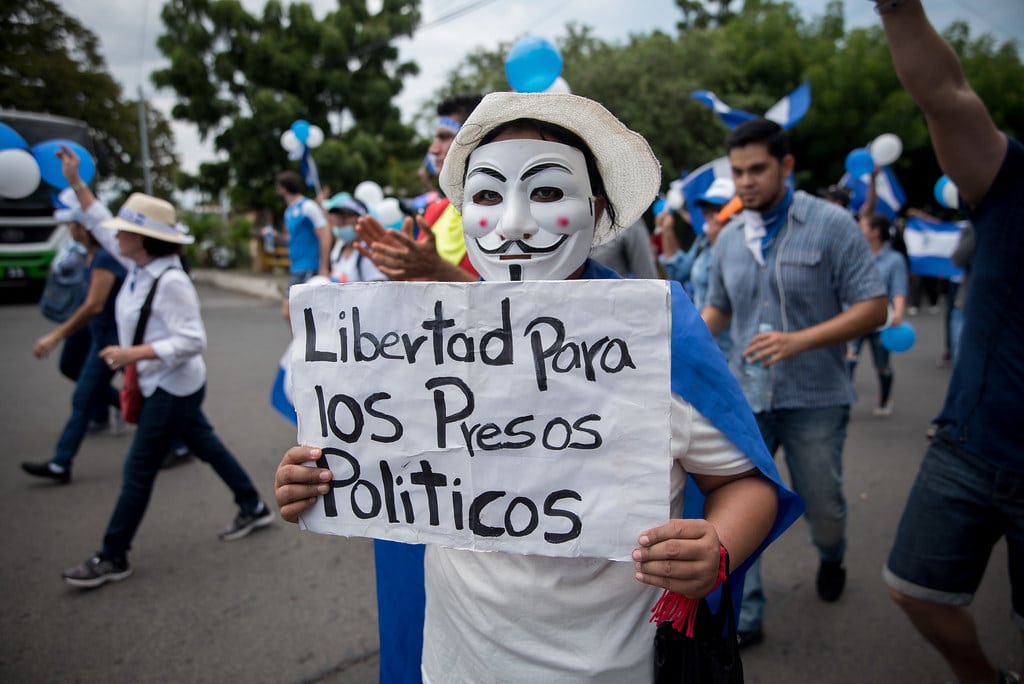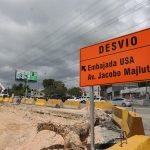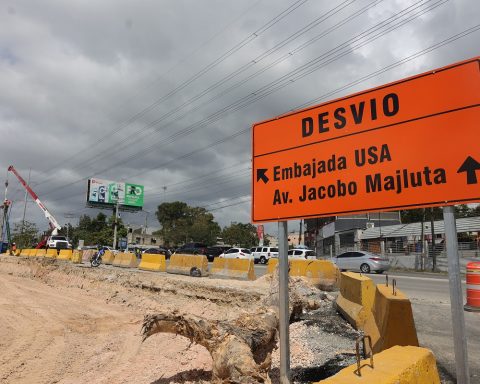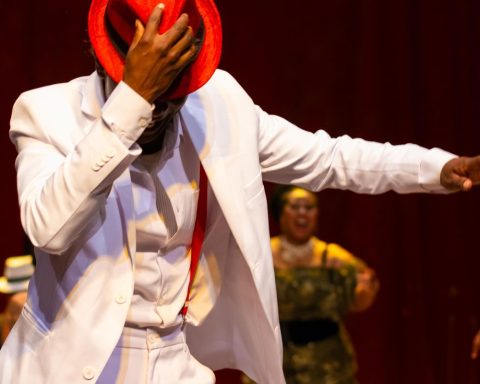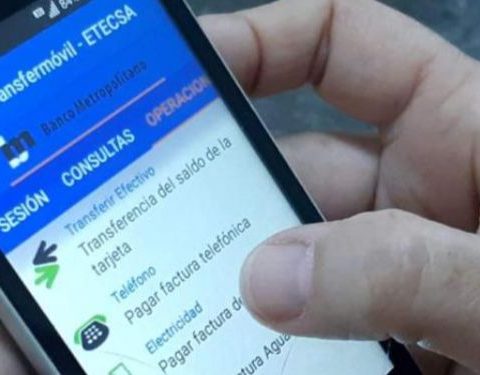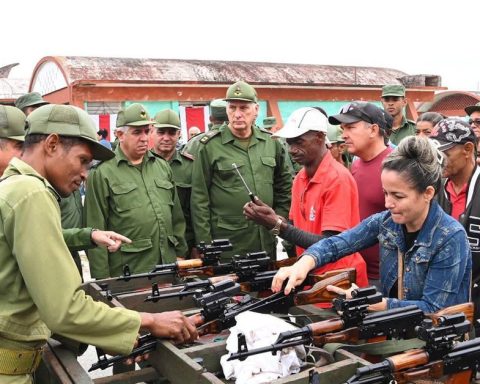Relatives of political prisoners and organizations of those released from prison launched the campaign for the fifth consecutive year “Christmas without Political Prisoners” demanding their freedom, in a year when the Ortega regime worsened the persecution and harassment against their families and increased the number of prisoners to 235; the highest number since 2018, when the citizen rebellion violently suppressed by paramilitaries and the dictatorship police broke out.
According to the Mechanism for the Recognition of Political Prisoners, until November 2022 they are officially counted 235 prisoners of conscience in the different prisons of the National Penitentiary System and police delegations.
However, this figure could easily rise to 250 arbitrarily kidnapped people. This is because many families have not yet authorized the Mechanism to include their prisoner of conscience in the list that they update monthly. People do not lose hope that their political prisoners will be released if they keep the case completely anonymous, explained Ivania Álvarez, a member of the Observatorio Urnas Abiertas.
With the Civic Rebellion of 2018, the Ortega regime prescribed death and jail for the citizens who took to the streets to protest a change in the political system. Ortega filled the country’s shacks with 674 prisoners of conscience, the majority accused of terrorism.
That year, the first “Christmas without political prisoners” campaign was promoted, which was supported by citizens, the international community and civil society organizations, in solidarity with the families that endured the unfair confinement of their loved one.
With the controversial amnesty law, promoted by Ortega in 2019, most of the inmates were released, but there were those who remained in prison; among these, 12 prisoners of conscience who this year will spend their fifth Christmas in inhumane conditions.
That same year, on December 30, the Ortega regime released 91 prisoners of conscience, including Álvarez, who had been arrested along with a group of activists in Masaya, when they tried to bring water to mothers of political prisoners who had been surrounded by the Police. inside the San Miguel parish, when they began a hunger strike demanding the release of political prisoners.
In December 2020 the regime released only three political prisoners. However, during the last two years it has been in charge of accumulating more prisoners of conscience, imposing several repressive escalations, which have reached the Catholic Church, with eleven religious detained,– two of them convicted – including the Bishop of the Diocese of Matagalpa, Rolando Álvarez, at home in jail for almost four months.
2022: the worst year for political prisoners
Ivania Álvarez explains that Nicaragua is reaching its fifth Christmas in one of the “crudest and most violent years in terms of political prisoners, with a new modality, which is the persecution of the family. We are very clear that not even in the time of the Anastasio-Somoza dictatorship, if they were looking for someone, they were looking for that person, and now, when they did not find the objective, they took their son, their wife, their son-in-law, their brother, and that shows the degree of cruelty that this dictatorship has,” he said.
This fifth campaign does not have as much momentum as that of the first years, considers Álvarez, due to the criminalization of any activity that is promoted in favor of political prisoners, the exile of human rights defenders and relatives of prisoners of conscience and the blockade , closure and censorship of independent media.
The level of repression has escalated so much that more and more relatives of prisoners have had to flee Nicaragua, and those who remain are afraid to speak to the media. If they do, they request that their family member not be named.
Human rights specialists have warned that Ortega has extended the torture of prisoners to their relatives, forcing them to strip and do squats, as occurred in the last visit to the inmates at the Directorate of Judicial Assistance (DAJ), El Chipote.
The defender of DD. HH., Gonzalo Carrión, remembers that until 2020, the relatives of prisoners of conscience spoke openly about the violations against their prisoners of conscience, but there was not “that logic of the intensity of the terror including the relatives who demand freedom, and this Now you can see it,” he said.
For Carrión, the fact that for five years the same demand for a Christmas without criminals of conscience has been maintained confirms that the country continues to “under a repressive system, which imposes a police state and terror.”
“11 Christmases with political prisoners in Nicaragua”
Allan Gómez, a member of the National Union of Nicaraguan Political Prisoners and Prisoners (UPPN), explained that since December 1 they began the campaign called “11 Christmases with political prisoners in Nicaragua”, in recognition of 10 people convicted before the social outbreak of 2018, considered by the Mechanism as prisoners of conscience.
The main demand is the freedom of the 235 political prisoners, in a month dedicated to family unity. “We are at the mercy of a miracle happening as the relatives request, and that the freedom of their relatives be achieved”Gomez said.
“We are united by the spirit of struggle to continue raising in one voice the cry for justice and unconditional freedom for all political prisoners,” read a joint statement from UPPN and the Organization of April Victims (OVA).
#ChristmasWithoutPoliticalPrisoners
We invite the entire Nicaraguan family to unite in a single voice of resistance demanding justice, democracy and freedom. It’s 11 Christmases with political prisoners in Nicaragua.
LET US KEEP THE FLAME OF THE SPIRIT OF UNITY ALIVE! pic.twitter.com/AFRpfkLJzh
— Union of Nicaraguan Political Prisoners and Prisoners (@UPPN19) December 1, 2022
Regularize visits in El Chipote
Álvarez recalls that in 2019 they had a special visit to share with their relatives at Christmas in El Chipote, the same prison that the regime has turned into a torture center, and where more than thirty political prisoners are being held, including presidential hopefuls. leaders of civil society and priests.
This group of political prisoners remains isolated, incommunicado, without specialized medical attention and subjected to starvation rations, reflected in their extremely thin bodies, their pale skin and premature aging. In 16 months in prison, their relatives have seen them eleven times; the last one occurred after 84 days of capsizing.
“It is very hopeless for the prisoners, that in moments of family union, violence, torture is increased and I am not waiting for it to change,” says Álvarez. That is why he considers that greater national and international pressure is necessary to demand the release of prisoners of conscience, and that while they are locked up they regulate their visits and allow them a special meeting during these December dates. Political prisoners currently “are totally defenseless,” he added.
